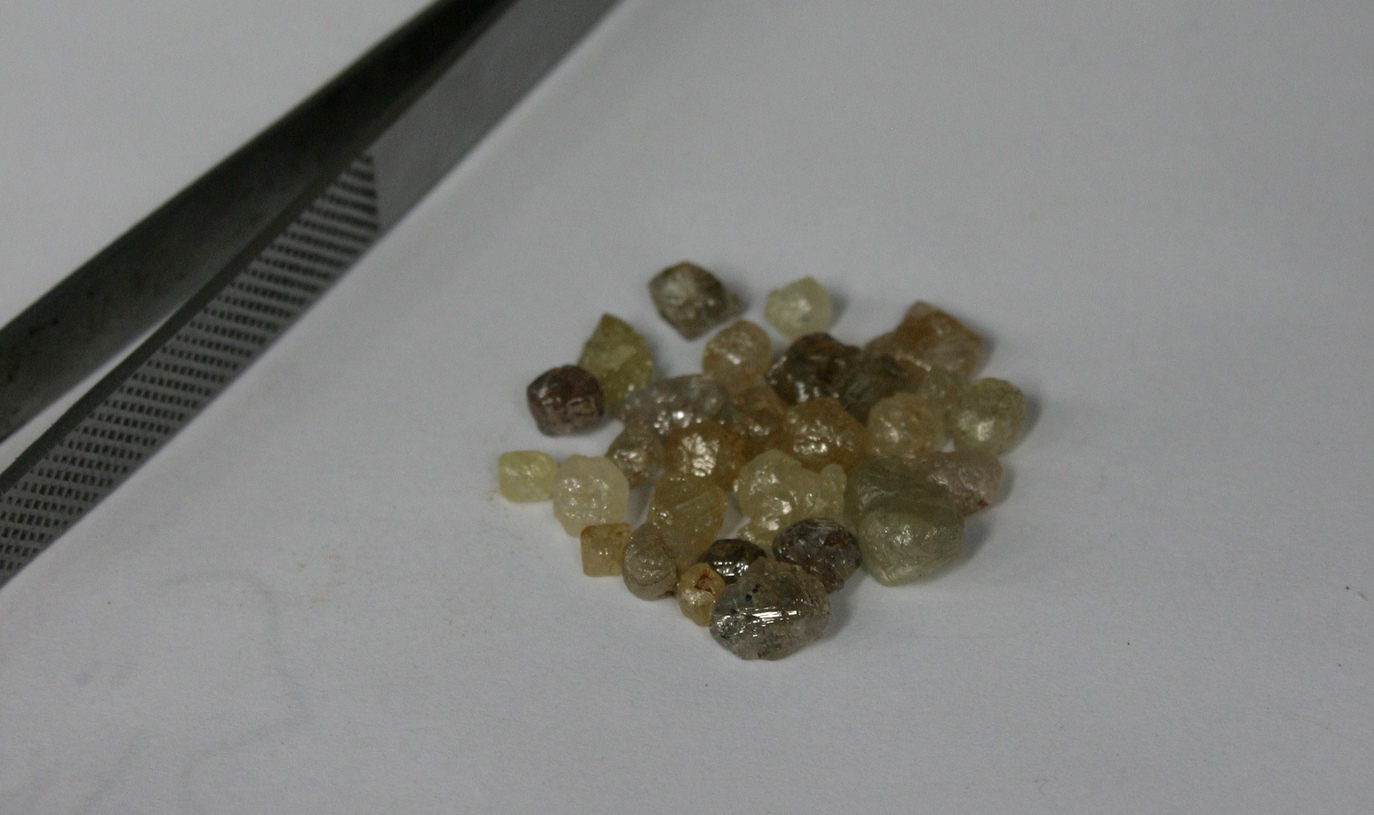As Russian missiles fall on Ukraine, the international community is united in an effort to stop Russian aggression. Russian oligarchs are being sanctioned, foreign companies are pulling out of the country, it has been removed from the international financial and banking system, and embargoes are being placed on Russian goods.
Over the past decades, much effort has been made to stop the flow of diamonds and minerals that are financing armed conflict. Companies are establishing traceability systems and undertaking due diligence to ensure there is no link between their supply chains and armed conflict, human rights violations, or corruption. Consumers want to know that they are not buying goods financing conflict or human rights abuses—and in many countries around the world, supply chain due diligence is a legal obligation.
So what does this mean for the war in Ukraine?
Russia is home to Alrosa, one of the largest diamond mining companies in the world, supplying 28% of the world’s rough diamonds. The Russian government has a 33% stake in Alrosa.
Since the invasion of Ukraine began, Alrosa has provided no update on its association to the Russian government or how profits from the company’s part owner are used.
The United States issued sanctions against Alrosa’s CEO and restricted the company from raising debt or equity in the U.S., followed by an embargo of rough diamonds originating in Russia. A loophole in the embargo means that Russian diamonds cut and polished in another country don’t fall under the ban. The European Union took a different approach, announcing that non-industrial diamonds cannot be exported to Russia as part of a package of sanctions targeting luxury goods.
At this point however, it’s business as usual for the diamond industry.
India is one of the largest cutting and polishing diamond centres in the world, responsible for processing 80-90% of the world’s rough diamonds. Alrosa has assured India’s Gem and Jewellery Export Promotion Council that the diamond trade to the country would not be disrupted.
Governments and the diamond industry have spent decades trying to eliminate conflict diamonds from the international market, as civil society have repeatedly raised issues about the ineffectiveness of processes in place.
One wonders if the Kimberley Process, the international multi-stakeholder group that certifies diamonds as conflict-free, would even place an embargo if it was Russian rebel groups declaring war instead of a government acting like rebels.
Predictably, the Kimberley Process has been silent.
Just last year Russia was Chair of the Kimberley Process and oversaw failed efforts to expand the narrow definition of what constitutes a conflict diamond. The Kimberley Processes’ original focus—rough diamonds used by rebel movements to finance the overthrow of legitimate governments—works in Russia’s favour. However, it proves that the Kimberley Process is stuck in the past, unable to tackle current challenges.
Jewellery associations have spent years developing standards to support companies to source responsibly. Yet, when questions arise if proceeds from one of the world’s largest diamond producers partially-owned by the Russian government are financing war—ethics are pushed aside.
The Responsible Jewellery Council has developed the Code of Practices—a global standard to ensure jewellery and watch supply chains are ethical and responsible, with members committed to and audited against the standard. While Alrosa has “temporarily” stepped down from the group’s Board of Directors, the Responsible Jewellery Council has refused to suspend Alrosa’s membership.
The World Diamond Council, which is the diamond industry’s representative in the Kimberley Process and has developed the System of Warranties to support the responsible sourcing of diamonds, has not only refused to suspend Alrosa as a member, but urged that diamond trade continues.
Neither the Responsible Jewellery Council or the World Diamond Council have advised their members on the ethics of sourcing from Russia. Neither group has provided guidance to members on how to complete due diligence to ensure sourcing from a Russian-based company or company co-owned by the Russian-government does not contribute to armed conflict or human rights violations in Ukraine.
All the statements, standards, certifications, protocols, processes and efforts towards responsible sourcing don’t mean anything if we ignore them when the narrative doesn’t fit or when action against a company has the potential to disrupt international market interests. Conflict diamonds and conflict minerals aren’t just an African problem or a “third world problem.”
For now, rough diamonds from Russia will be sent abroad to places like India for cutting and polishing. There, those diamonds will get mixed with others, and in a few months, they may end up in retailers in North America—sold to consumers who are searching for responsibly-sourced gems.
The conflict in Ukraine has shown us how complex the issue of conflict diamonds truly is, requiring innovative solutions to global, modern supply chains. The private sector needs to find a moral compass so that these solutions support human rights and peace.
In the meantime, Ukraine will continue to be destroyed and civilians killed, as Russian diamonds enter the international market providing a valuable source of revenue to the regime responsible for the conflict.

